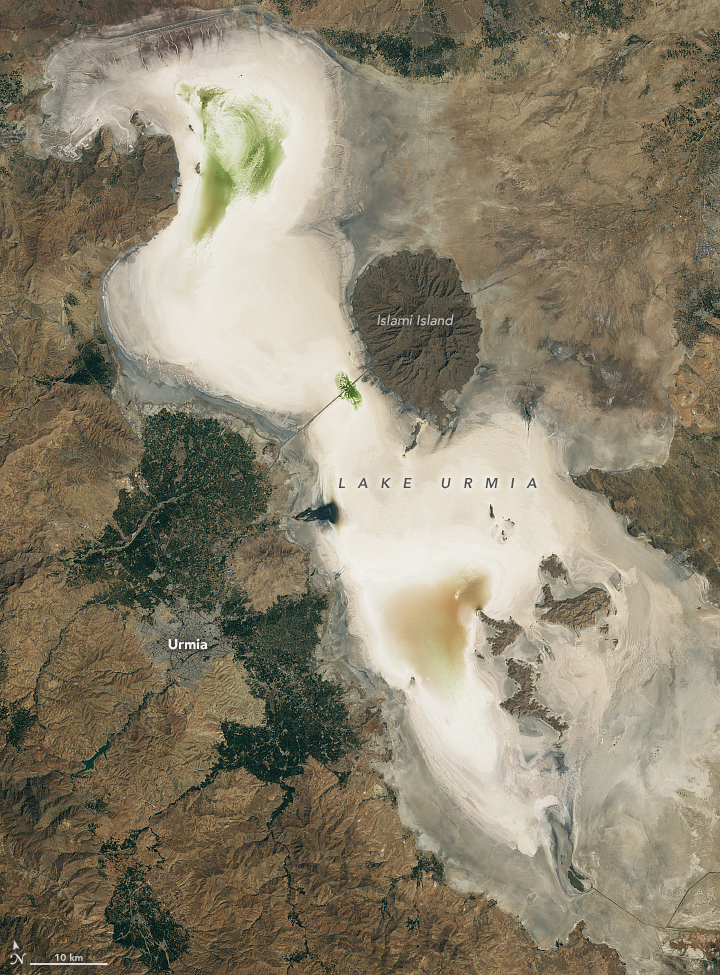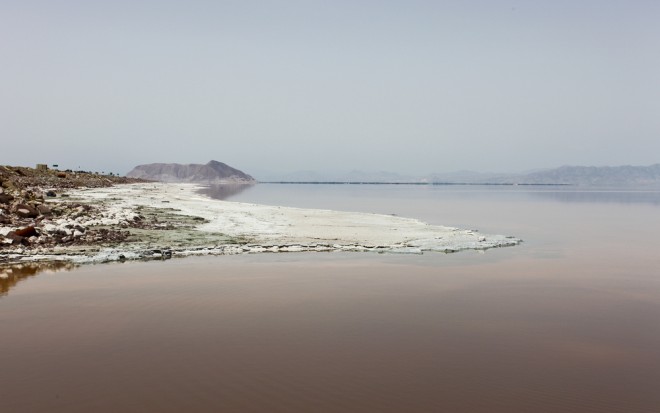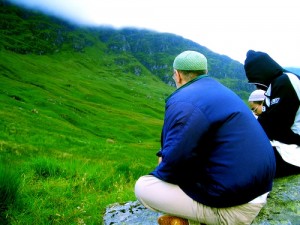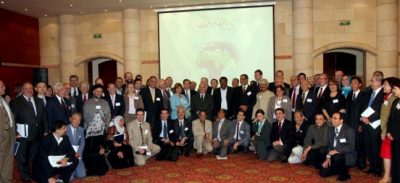Like the Dead Sea, Lake Orumiyeh has shrunk to half its former glory. And the creatures that used to call it home have sought solace elsewhere, as the lake becomes increasingly saline. Located in the northwest province of West Azerbaijan providence, Lake Orumiyeh is part of the world’s largest saltwater wetlands, according to the Financial Times, but both drought and irrigation projects risk drying it up altogether. If this happens, it will leave behind an enormous and dangerous reservoir of salt.
One resident of Ghoschi, a town located astride the lake, claims that flamingos used to call out six or seven times a day, but now they are no longer there. And the brine shrimp on which they fed have disappeared completely.
Nearly 70% of waterfowl species have disappeared while the former shore is now a “salt-strewn desert.”
Environmentalists claim that an extended drought accounts for nearly 70% of the lake’s loss, but the rest is attributed to irrigation projects that are used to cultivate 1.4 million hectares of agricultural land.
Residents worry that like the Aral Sea, the lake will dry up completely, leaving behind up to 10 billion tonnes of salt that could potentially cause storms that would travel as far as Tehran. Up to 13 million people could be displaced.
“If, God forbid, Lake Orumiyeh completely dries up, we will be facing 8bn-10bn tonnes of salt which could function like a monster bomb,” Hassan Abbasnejad, director-general of the Environment Protection Organization of West Azerbaijan, told the Financial Times.
Environmentalists say that this should not be a political issue, but Azeris living in the region believe that a recent bridge project, which links the eastern and western parts of Azerbaijan province, is part of a conspiracy to allow the lake to disappear, thereby pushing the Azeri population elsewhere. Earlier this year, they protested the bridge by carrying bottles of water. Many were and continue to be jailed.
President Mahmoud Ahmadi-Nejad has approved a $1.7 billion plan to restore the lake over the next five years by adjusting irrigation channels and redistributing water. The government also intends to seed clouds, though we have just learned that experts believe that praying for rain is more effective.
Mr. Abbasnejad told the paper that they would water the lake with blood, if necessary, that it was a “holy duty” to ensure that it survives.
Update in 2023, Lake Urmia goes dry in August

Lake Urmia in 2023
Lake Urmia (Persian: دریاچه ارومیه, theDaryache-ye Orumiye, Azerbaijani Urmu gölü, Kurdish Wermy, Armenian: Կապուտան ծով, Kaputan ts’ov; ancient name: Lake Matiene) is a salt lake in northwestern Iran near Iran’s border with Turkey. Like the Dead Sea in Israel and Jordan, and Aral Lake in Iraq we could lose this lake forever if we don’t take action today.
Image via Financial Times





In this address there is an analysis of the crisis and then a solution is presented. H.G.
Which address is that Hossein? We are of course always interested in solutions…